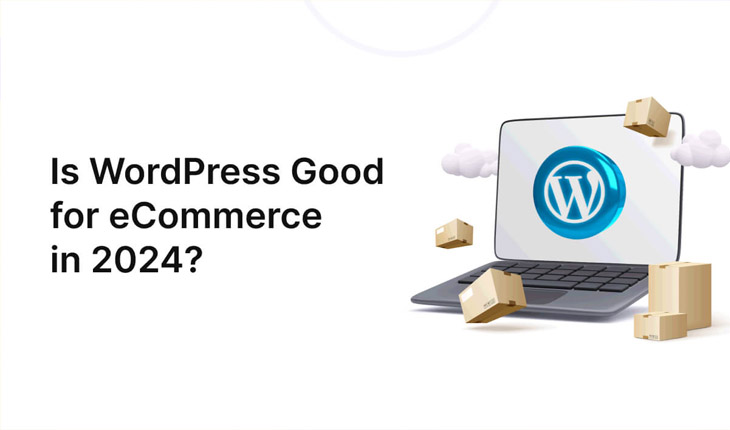WordPress is the top choice for website building and is highly recommended for starting an eCommerce business. This article explores whether WordPress is suitable for eCommerce, its advantages, and disadvantages. is WordPress Good for Ecommerce Sites (Pros and Cons)
WordPress is the leading website builder, with over 43.1% of all websites online being powered by it, including many eCommerce stores. Its popularity makes it the go-to platform for eCommerce startups.
Benefits of using WordPress
1. It’s Free: WordPress software is available for free, allowing you to download, customize, and use it as you wish. However, you’ll need to pay for hosting, domain, and additional features.
2. No Transaction Fees: WordPress doesn’t charge transaction fees, with the only costs being to your payment service provider and bank.
3. Cost Control: You have the freedom to choose your hosting, add-ons, and marketing tools, which helps save money on start-up costs.
For a more detailed analysis of WordPress’s pros and cons for eCommerce, refer to our comprehensive review.
– WordPress has over 59,000 free plugins, similar to apps for eCommerce websites, allowing easy customization.
– It supports popular and lesser-known payment gateways, making online payments simple.
– With thousands of themes and drag-and-drop tools, you can easily customize your eCommerce site’s design and create various pages.
– You can add as many products as you want and make as many sales as necessary, unlike some eCommerce platforms.
– WordPress gives you full ownership and control over your website, protecting your data and transactions.
WordPress is a strong competitor with top eCommerce platforms, offering more flexibility, lower costs, and wider accessibility. It excels in cost savings, allowing you to start with minimal expenses and only pay for necessary tools.
Unlike other platforms, WordPress doesn’t charge for each transaction, making it easier to plan for long-term growth without worrying about transaction fees. It also doesn’t restrict the number of products or sales, unlike some platforms that require you to upgrade to a higher plan once you exceed certain thresholds.
Additionally, WordPress gives you full ownership of your website and its data, allowing you to switch to another hosting platform or eCommerce solution if needed. For more information, compare WordPress with individual platforms like WooCommerce, Shopify, BigCommerce, Squarespace, and Wix.
How to Start an Ecommerce Business with WordPress?
To begin an eCommerce business using WordPress, you need to create a WordPress website. There are two main options: WordPress.org, which is recommended, and WordPress.com, a hosted platform like Wix or Squarespace. Our guide compares the two.
For WordPress.org, you’ll need a hosting account and a domain name. Starter hosting plans start at $7.99 monthly, with domain names costing around $16.99 annually. Bluehost offers a discount for W1Beginner users, starting at $2.75 per month, with a free domain.
You can also choose Hostinger or other top WordPress hosting companies. If you choose Bluehost, they’ll install WordPress for you. Other hosting companies offer a 1-click WordPress installer under your account.
For more detailed instructions, check out our tutorial on starting an online store with WordPress.
Bonus Tip: If you need expert help setting up your eCommerce store on WordPress, consider using WPBeginner Pro Services for professional assistance
We hope this article helped explain whether WordPress is good for eCommerce and its pros and cons. You may also want to see our guide on using automation to increase WooCommerce sales or see these actionable tips to grow your online business. is WordPress Good for Ecommerce Sites (Pros and Cons)

